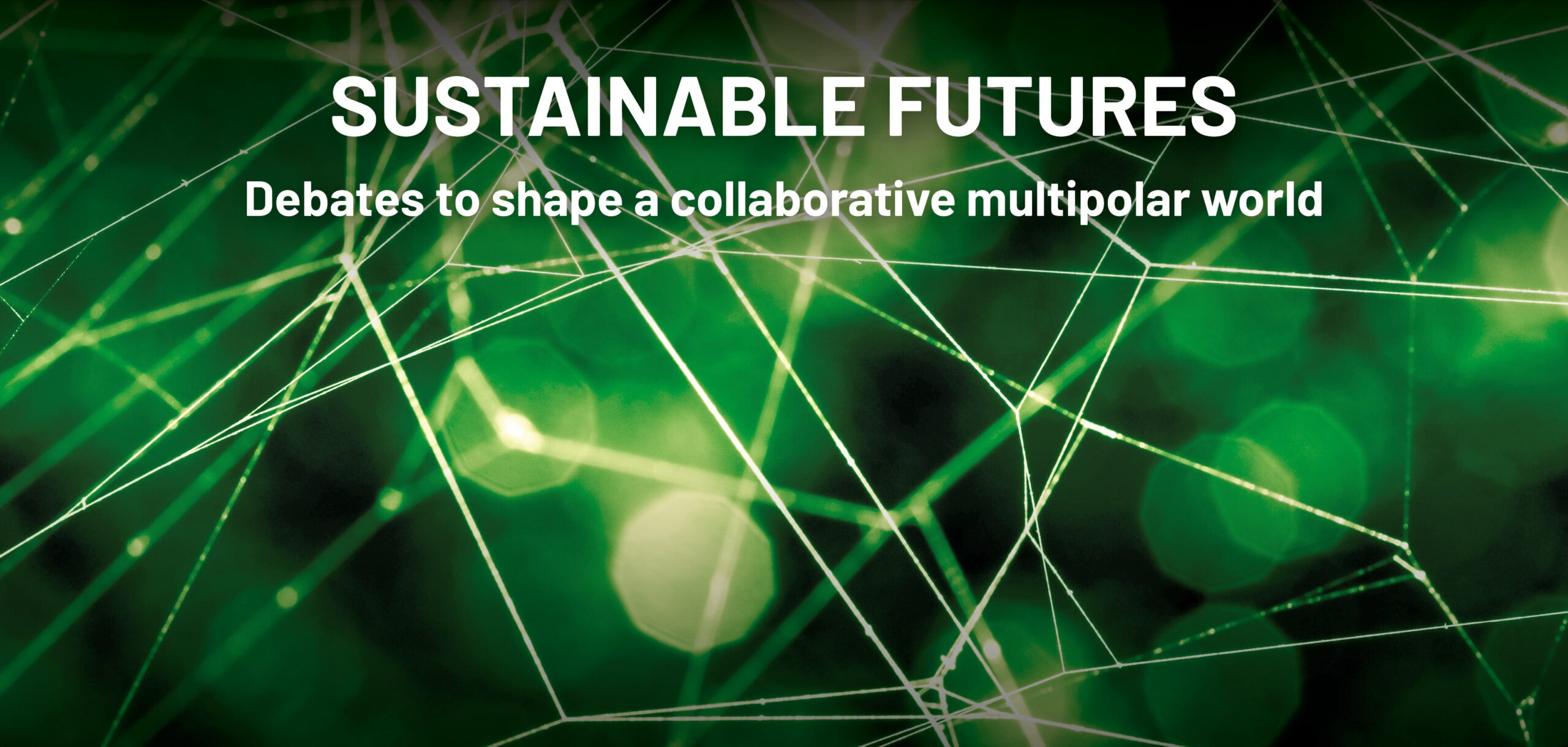
The African Growth and Opportunity Act (AGOA) – a US trade preference programme for Sub-Saharan Africa (SSA) – is back! At least for now. While the political signal of the extension is positive and surprising, the expected economic impact is rather negligible given its already limited effectiveness before the US break with the rules-based trading system. African policymakers should seize this moment to act: fast-track African Continental Free Trade Area (AfCFTA) implementation, deepen strategic EU partnerships, broaden export markets and product portfolios, and invest in moving up value chains—building a foundation for resilient trade that doesn’t depend on uncertain preferences and external policy shocks. (mehr …)





